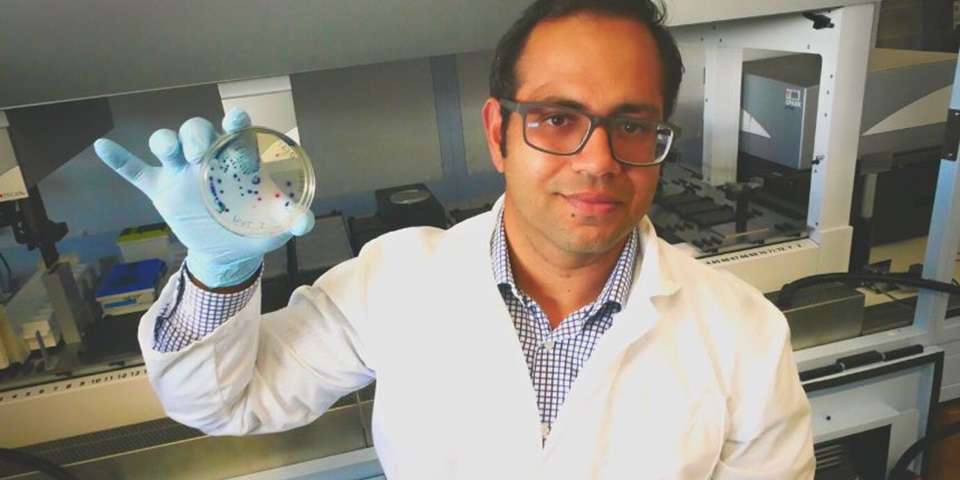News
Murdoch conducts Australian-first survey of AMR bacteria in food

Antibiotics have been saving lives and curing disease in humans, animals, and plants for decades, however, as the bacteria they treat change over time, so does their response to the once-revolutionary treatments.
Murdoch University’s Harry Butler Institute has been selected by Food Standards Australia New Zealand (FSANZ) to undertake a two-year project to investigate antimicrobial resistant bacteria (AMR) in the national food supply.
On average, 290 Australians die every year due to infections with resistant bacteria - at least 700,000 people die each year globally.
The World Health Organisation projects this to increase to 10 million annually by 2050 if no action is taken.
Announced today by Assistant Minister for Health and Aged Care, Ged Kearney, and funded by the Federal Health Department, the Australian-first survey is part of a One Health approach to tackling AMR that recognises that the health of people is interconnected to the health of animals and our shared environment.
In collaboration with FSANZ and state and territory food regulators, Professor of Microbiology Sam Abraham will lead laboratory analysis to deliver vital data from three retail commodities - poultry, pork, and beef. This work will take place at the Centre for Biosecurity and One Health.
Professor Abraham and his team will work with Symbio Laboratories to isolate bacteria from the meat and subject it to antimicrobial susceptibility testing.
Whole Genome Sequencing of selected bacteria will also be performed to detect genetic antimicrobial resistance determinants.
Professor Abraham said addressing AMR bacteria in food was of national importance because food sits at the interface between humans, animals, and the environment.
“We all know that bacteria can be spread between people by coughing, sneezing, or direct contact, but what is often forgotten is that this same bacteria can also be passed on to companion animals, wildlife and livestock,” he said.
“In addition, production animals and crops can move bacteria through the food supply chain, people can transfer bacteria to food during preparation, and our waste can contaminate soil and water, which in turn, can spread bacteria back to humans.
“This means AMR bacteria travels full circle, and the more we use antibiotics, the more AMR bacteria will be in that cycle.”
Bacteria are developing resistance to antibiotics faster than new, more effective antibiotics can be produced, and some have even become resistant to all classes of antibiotics that were once effective against them.
Professor Abraham will undertake the research on a high-throughput robotics platform his team has developed, called RASP (Robotic Antimicrobial Susceptibility Platform), which drastically increases processing power, cutting processing times by two thirds, while maintaining or improving upon the quality of results generated by human technicians.
Murdoch University Interim Vice Chancellor Research and Innovation, Professor Peter Davies, said Professor Abraham’s survey will be game-changing in the understanding of AMR in food and the development of ways to combat it.
“To be selected to conduct such a significant survey is testament to the quality of Murdoch University’s research capabilities and expertise,” he said.
Further information about AMR in Australia can be found on the Federal government and FSANZ websites.
This project contributes to United Nations Sustainable Development Goals 3 and 12.
News
Murdoch conducts Australian-first survey of AMR bacteria in food
Posted on
Topics
Community and Partnerships, General, Health, Research, Science, Technology